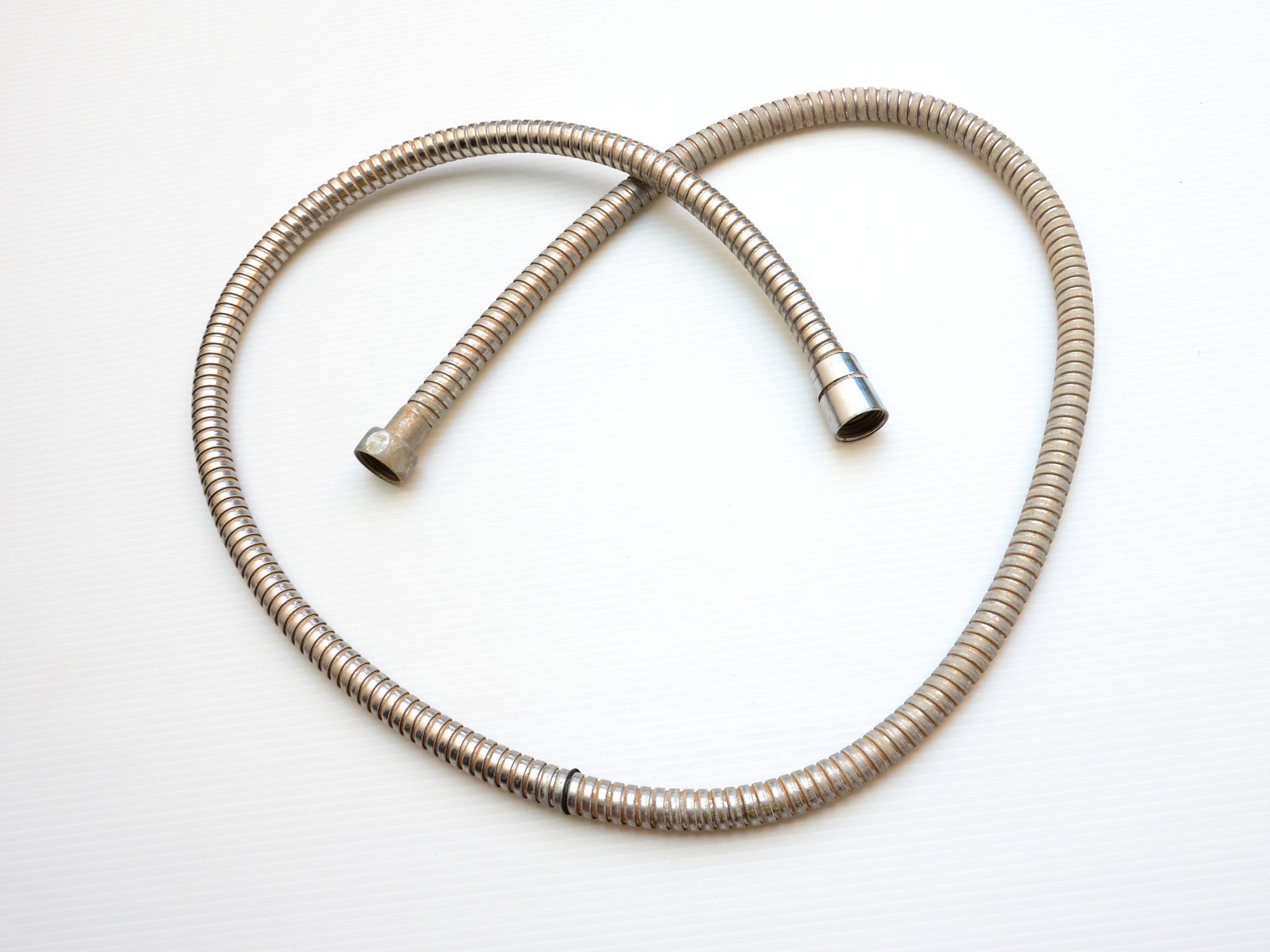Get Easy Health Digest™ in your inbox and don’t miss a thing when you subscribe today. Plus, get the free bonus report, Mother Nature’s Tips, Tricks and Remedies for Cholesterol, Blood Pressure & Blood Sugar as my way of saying welcome to the community!
It’s time doctors stop managing heart disease like plumbers

When you visit sites like this one to read about ways to improve your health naturally, you don’t expect things to get too heavy.
What I mean is, that most of us are looking for simple changes that can help us feel better… an “eat this, but don’t eat that approach,” you might say.
But when it comes to major health problems, let’s be truthful… most of us are still going to do exactly what the doctor ordered.
Maybe you have a great doctor you really like and trust. Of course, you probably never tell him you read my posts…
Well, as I’m sure you know, sometimes conventional medical therapies are certainly warranted. But one that’s been hanging by a thread for a while now may have finally come to the end of its rope — because managing your risk of heart disease the way a plumber manages a clog doesn’t work…
Your arteries don’t need plunging
In fact, it’s been shown not to work in several clinical trials that revealed when a stent was inserted to widen narrowed arteries, the risk of heart attack or death was not lessened.
Are you ready for another bombshell? And this is the core of the reason that the current therapy isn’t working…
The same panel of doctors, who likened current heart disease management to managing a plumbing problem, wrote in the British Journal of Sports Medicine, “It is time to shift the public health message in the prevention and treatment of coronary artery disease away from measuring serum lipids and reducing dietary saturated fat.”
That’s because, as they go on to say, the study reviews show there is no association between the intake of saturated fat and a greater risk of heart disease. In other words, there is no new science that supports the old argument for the existence of artery-clogging saturated fat.
That’s not the first time you’ve heard that if are a regular reader. I’ve explained before how your heart needs fat — the right fat — to thrive, and these doctors, quite an esteemed trio of cardiologists, I might add — one being the editor of JAMA Internal Medicine and another the editor of BMJ Open Heart — concur: the notion of saturated fat clogging a pipe is just plain wrong.
Why are doctors acting like plumbers?
So, why are we still being told to eat a low-fat diet, watch our cholesterol numbers and take statins? It’s good marketing with a much bigger payout than the real cure…
“Decades of emphasis on the primacy of lowering plasma cholesterol, as if this was an end in itself and driving a market of ‘proven to lower cholesterol’ and ‘low fat’ foods and medications, has been misguided,” the panel contends.
“Misguided” may sound like a simple mistake… but that’s not at all what these doctors were saying. In their report, they suggested that these misconceptions may stem from “selective reporting of data,” and you know what that means…
My colleague Joyce Hollman exposed the truth about greedy drug companies and their drug “trials.”
She found that it can cost anywhere from $160 million to $2 billion to bring a new drug to market. To cover this expense and to make sure the profits roll in, pharmaceutical companies think nothing of influencing the results of clinical trials in a number of ways, including cherry-picking the results they report, basing success on “relative” numbers (quantifiable in terms of individual perception), and reporting reduction in “relative” risk — all the while downplaying real risks.
And believe me, there are risks — big and unexpected ones — to buying into the low-fat/cholesterol myth and the cholesterol-lowering treatment that comes with it…
How misguided treatments harm
So not only is the current conventionally accepted medical treatment ineffective, it just may be a prescription for disease. This therapy may accelerate the onset of Parkinson’s disease, has been found to increase the risk of type 2 diabetes and invasive breast cancer, and starves nerve cells in your brain of the hormone, cholesterol.
The treatments that work produce no such negative disease side effects. The only problem with the treatments that work is that no one in modern medicine can benefit financially from them…
That’s because, according to the esteemed cardiologists who authored this latest report, simple dietary and lifestyle changes can significantly reduce our risk of heart disease… and I quote this from the report, “Combining a complete lifestyle approach of a healthful diet, regular movement and stress reduction will improve quality of life, reduce cardiovascular and all-cause mortality,”
Specifically, they suggest substituting refined carbohydrates with healthy fat foods — like olive oil and nuts; participating in just 30 minutes of moderate activity more than 3 days a week, and better managing chronic stress — one of the major causes of body-wide inflammation. That one factor alone can decrease your life expectancy by up to 20 years.
Editor’s note: There are perfectly safe and natural ways to decrease your risk of blood clots including the 25-cent vitamin, the nutrient that acts as a natural blood thinner and the powerful herb that helps clear plaque. To discover these and other secrets of long-lived hearts, click here for Hushed Up Natural Heart Cures and Common Misconceptions of Popular Heart Treatments!
Sources:












